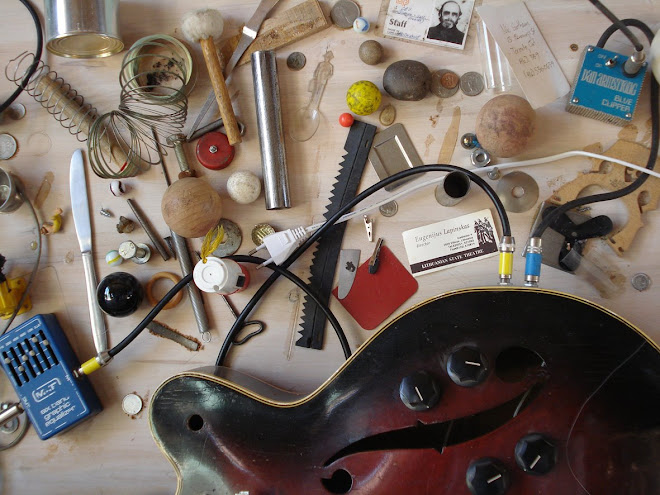
A walk on Kits Beach will never be the same after you listen to Hildegard Westerkamp’s “Kits Beach Soundwalk.” You may have often paused to admire a pretty seashell or a dreamy cloud formation, but when was the last time you stopped to listen to the barnacles?
Westerkamp is a sound composer; she records ambient noises and edits them to produce original works. One of the sounds highlighted in her Kits Beach piece is the clicking made when water recedes from a barnacle-covered rock. We’ve all http://www.blogger.com/img/blank.gifheard it; few have noticed it.
“Once you record, your ear shifts tremendously,” Westerkamp explains.
“Just as looking through a camera you see the world differently, when you begin to record you hear the world differently.”
Westerkamp began working with ambient sound through Vancouver Soundscape, a recording project undertaken in 1973 by a group of SFU composers and academics, and led by composer R. Murray Schafer.
Follow this fantastic link to inspire you to get away from the computer and go on soundwalk of your own today







